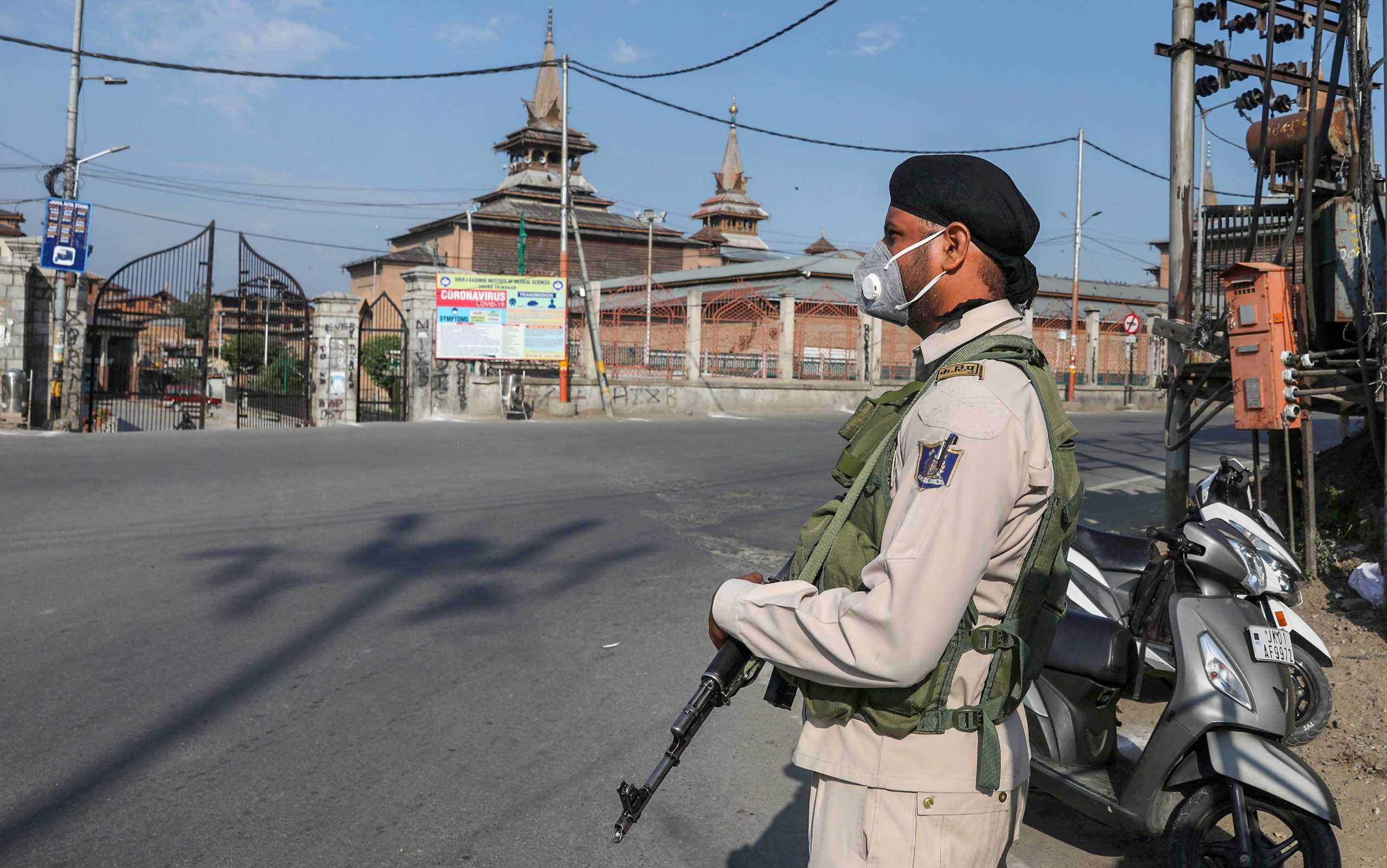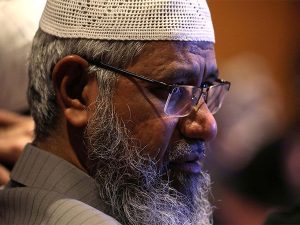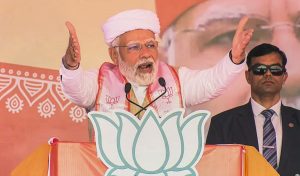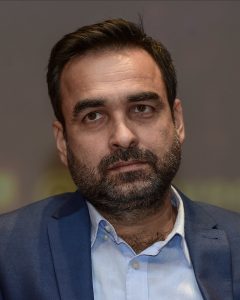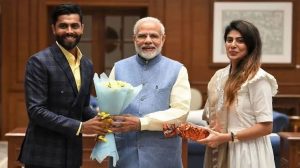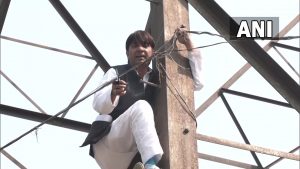On August 5 last year, the central government abrogated Article 370 of the Indian Constitution that granted special status to the former state of Jammu and Kashmir. It bifurcated the state and created two union territories, Jammu & Kashmir and Ladakh.
Revocation of Article 370 was among the poll promises of the ruling Bhartiya Janata Party (BJP) government. The article granted semi-autonomy to the state, which granted it the freedom to formulate laws on citizenship, ownership of property and fundamental rights.
Initially, the Indian parliament had the power to frame laws for the states on issues related to foreign policy, defence and communication. This clause was diluted since the 1950s.
Ahead of the scrapping of Article 370, last year, the central government moved thousands of troops to the Himalayan state. Communication was suspended for months and political leaders were detained.
In the course of time, communication services have been restored and several political detainees released.
A year after the law was scrapped, the security has been beefed up in the region, also the BJP is set to celebrate its anniversary. Meanwhile, the 4G internet services are still suspended in the state and former Chief Minister Mehmooba Mufti is under detention under the Public Safety Act (PSA).

